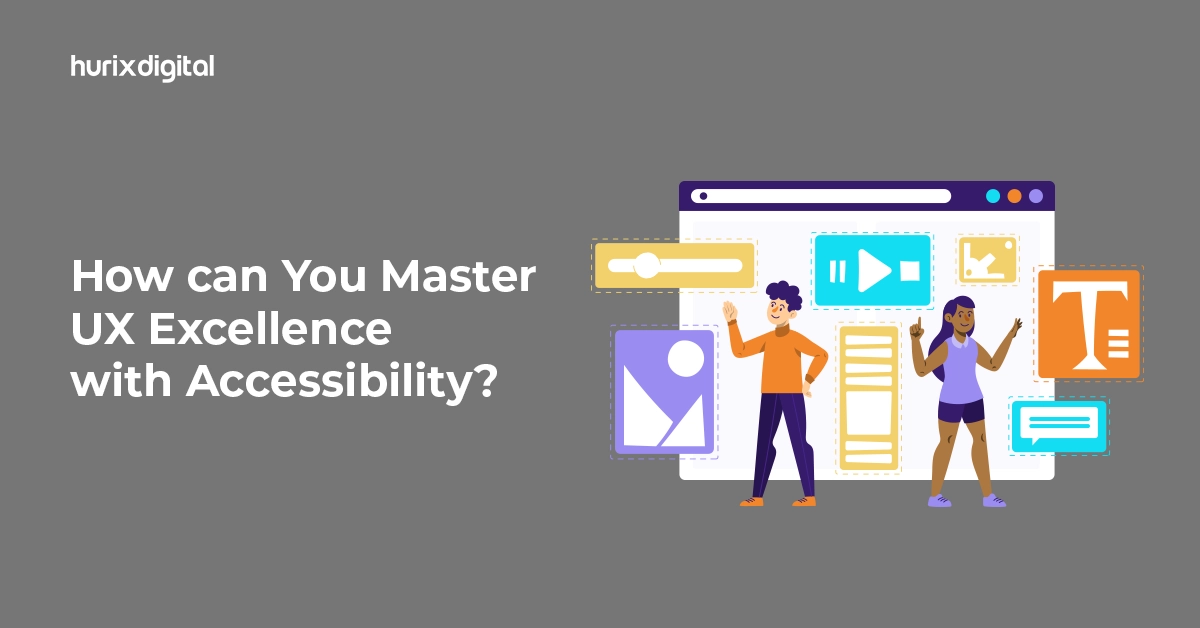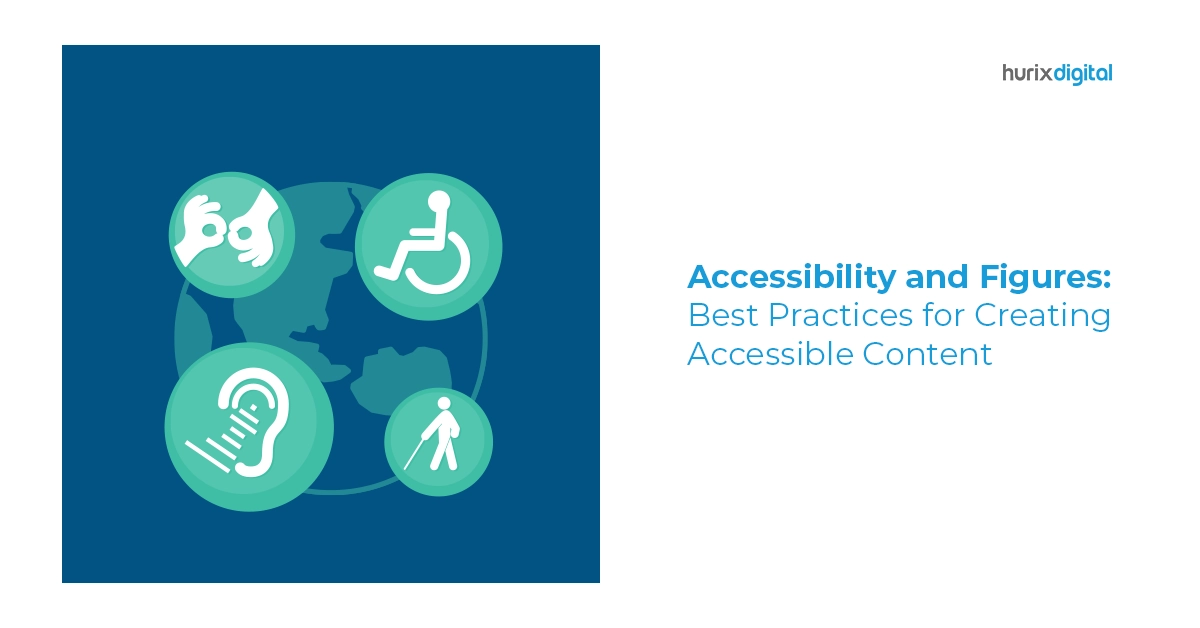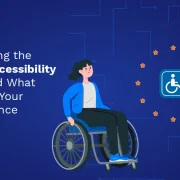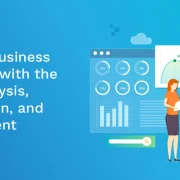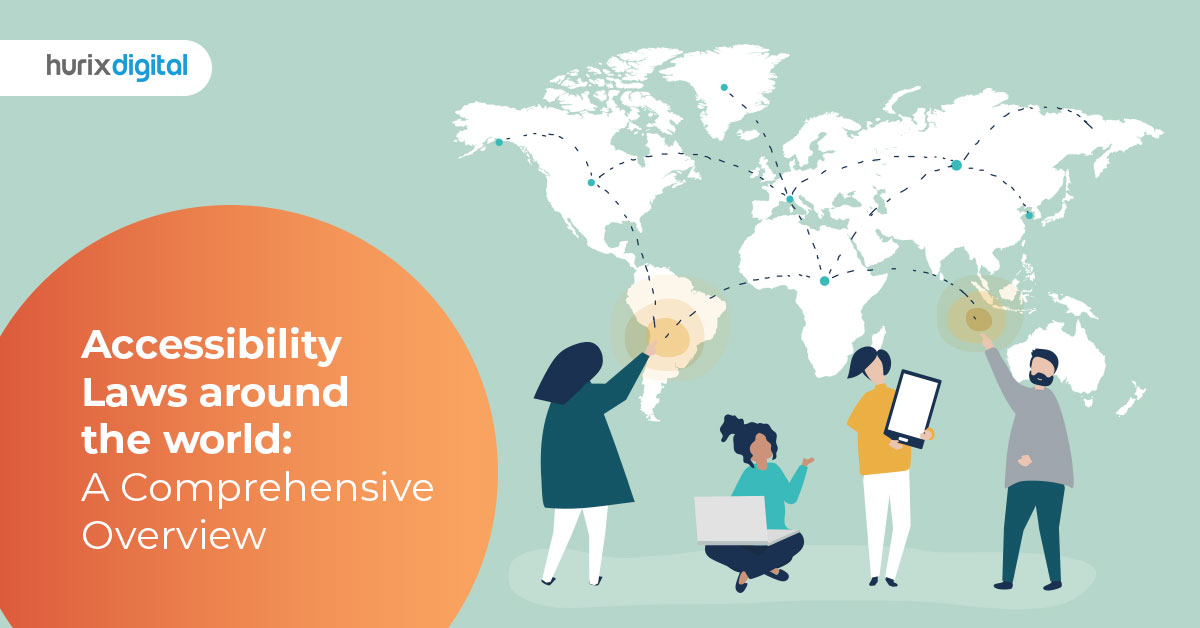
Accessibility Laws Around the World: A Comprehensive Overview
The majority of countries have laws that forbid companies from treating disabled individuals unfairly in “sites of public accommodation.” Websites and mobile applications are regarded as places of public accommodation in the US and the majority of other developed countries. If your company has international operations, you must abide by any relevant digital accessibility laws.
Apart from ensuring legal compliance, accessibility has several advantages, yet legal compliance offers a powerful incentive. For instance, the Department of Justice can pursue civil penalties of up to $96,384 and, for each subsequent offense, up to $192,768 as per the ADA guidelines.
This blog outlines the operational principles of several international accessibility rights and offers a path forward for guaranteeing adherence.
Table of Contents:
- Americans with Disabilities Act (ADA)
- What is Section 508?
- What is the Equality Act 2010?
- What is The European Accessibility Act (EAA)?
- What is EN 301 549?
- What is JIS X8341-3?
- The Accessibility for Ontarians with Disabilities Act (AODA)
- Australia’s Disability Discrimination Act of 1992
- Wrapping Up
Americans with Disabilities Act (ADA)
People with impairments in the United States are afforded equal protection under the Americans with Impairments Act (ADA) in a variety of contexts, including work and commuting.
Equal accessibility to “public accommodations,” a wide term that the U.S. Department of Justice (DOJ) has frequently stated encompasses publicly accessible websites, is required by Title III of the ADA for those with disabilities.
Independently, Title II of the ADA mandates that amenities and services provided by state and local governments, including digital interactions related to these services, be accessible and free from discrimination against people with disabilities.
Level A and AA conformity with WCAG version 2.1 is the minimum requirement for digital material, according to an amendment to the regulation enforcing US accessibility laws Title II in 2024.
What is Section 508?
U.S. government agencies under Section 508 ensure that their information and communications technology (ICT) is accessible.
The law sets WCAG 2.0 Level A conformity as the benchmark for compliance. Additionally, public-sector providers who provide ICT to the United States government must meet the digital inclusion standards of Section 508.
Here are some of the key attributes of section 508:
- The Rehabilitation Act of 1973 became effective in 1998 to include Section 508
- It mandates the availability of all Federal electronic information.
- The independent Federal organization known as the U.S. Access Board creates and upholds the requirements needed to comply with Section 508.
- 21 Software programs and operating systems; 1194.22 Web-based intranet and internet data and applications; and 1194.24 are the most suitable regulations for electronic content
- These guidelines serve as the direct foundation for HHS evaluations.
What is the Equality Act 2010?
To provide legal protection for individuals and their rights against discrimination, the Equality Act came into effect on October 1, 2010. It aims to make society more equal and provide equal opportunities for all.
Every company is required by law to abide by the Equality Act, so it’s critical to know what behaviors are considered unjust, and how to always build an equitable culture.
The information contained under this legal structure is significantly simpler to grasp because the several anti-discrimination rules that were formerly in effect are now all addressed within a single Act.
- Some of the most important laws from the 116 original components of legislation that are now included in this Act are theThe Equal Pay Act of 1970
- The 1995 Disability Discrimination Act
- The 1975 Sex Discrimination Act
- The 1976 Race Relations Act
- Regulations of the Equality Act (Sexual Orientation) of 2007
- The 2003 Employment Equality (Belief or Religion) Regulations
Also Read: Understanding the Basics of European Union Accessibility Laws and Acts
What is The European Accessibility Act (EAA)?
The European Accessibility Act (EAA) is a law that was adopted by the European Union (EU) in 2019 to improve the accessibility of products and services for people with disabilities.
To gauge digital accessibility compliance, the EAA lays down some accessibility standards that specific goods and services must fulfill.
The products and services covered by the EAA include:
- Computers and operating systems
- ATMs and banking services
- E-commerce websites and mobile applications
- Telephony services and related equipment
- Audio-visual media services and related equipment
- Electronic book readers and related services
- Transportation services
What is EN 301 549?
EN 301 549 is a European standard that was introduced to define accessibility requirements for ICT products and services. It was published by the European Telecommunications Standards Institute (ETSI) in 2014 and is based on the Web Content Accessibility Guidelines (WCAG) 2.0, which were developed by the World Wide Web Consortium (W3C).
The standard applies to a wide range of ICT services like:
- Websites
- Software applications
- Telecommunications equipment
- Digital content
It is used across Europe to ensure that all users, including those with disabilities, can access IT services and products.
Since EN 301 549 is a European standard, it applies to countries that have incorporated it into their national laws and are members of the European Union (EU) and the European Economic Area (EEA).
The countries within the EU and EEA that must adhere to EN 301 549 include:
The EU countries are Austria, Belgium, Bulgaria, Croatia, Republic of Cyprus, Czech Republic, Denmark, Estonia, Finland, France, Germany, Greece, Hungary, Ireland, Italy, Latvia, Lithuania, Luxembourg, Malta, Netherlands, Poland, Portugal, Romania, Slovakia, Slovenia, Spain and Sweden.
In addition to these countries, other countries outside of Europe like Canada and Australia have also adopted EN 301 549 as part of their national laws.
What is JIS X8341-3?
JIS X8341-3 is a Japanese Industrial Standard that curates guidelines for web content accessibility. The standard was developed by the Japanese Standards Association (JSA) and is based on the Web Content Accessibility Guidelines (WCAG) 2.0, which were developed by the World Wide Web Consortium (W3C).
JIS X8341-3 applies to a wide range of web content, including websites, web applications, and electronic documents. From businesses to government agencies, it is followed by all in Japan to ensure that their web content is accessible to all users, including those with disabilities.
The Accessibility for Ontarians with Disabilities Act (AODA)
The Accessibility for Ontarians with Disabilities Act (AODA) passed in 2005 is a law in the Canadian province of Ontario that focuses on advancing accessibility for disabled people.
The AODA sets out a range of accessibility solutions and requirements that organizations in Ontario must meet to be considered compliant.
The AODA applies to the following organizations in Ontario with one or more employees:
- Private sector businesses
- Non-profit organizations
- Public sector organizations
The law is being phased over time to meet different requirements coming into effect.
Also Read: What is the European Accessibility Act 2025?
Australia’s Disability Discrimination Act of 1992
The Disability Discrimination Act (DDA) of 1992 in Australia is a legal framework that narrates the rights and opportunities of people with disabilities.
The Act grants disabled people the ability to speak out for themselves and file complaints since it forbids discrimination. Some of the key features are:
- Informs organizations to make reasonable adjustments to accommodate individuals with disabilities.
- Provides a legal fabric for individuals to lodge complaints.
- Declares it unlawful to discriminate against individuals with disabilities in various areas, including employment and education.
Wrapping Up
In conclusion, navigating the complex landscape of accessibility laws worldwide is essential for organizations like Hurix Digital to ensure inclusivity and compliance. By understanding the diverse regulations and standards outlined in this comprehensive overview, Hurix Digital can proactively develop accessible digital solutions that cater to the needs of all users.
Through ongoing commitment and innovation, Hurix Digital continues to pave the way toward a future where accessibility is seamlessly integrated into the fabric of digital experiences, benefiting individuals of all abilities.
If you are looking for implementation tips to streamline your website for accessibility compliance, we are happy to help!

Vice President – Content Transformation at HurixDigital, based in Chennai. With nearly 20 years in digital content, he leads large-scale transformation and accessibility initiatives. A frequent presenter (e.g., London Book Fair 2025), Gokulnath drives AI-powered publishing solutions and inclusive content strategies for global clients

